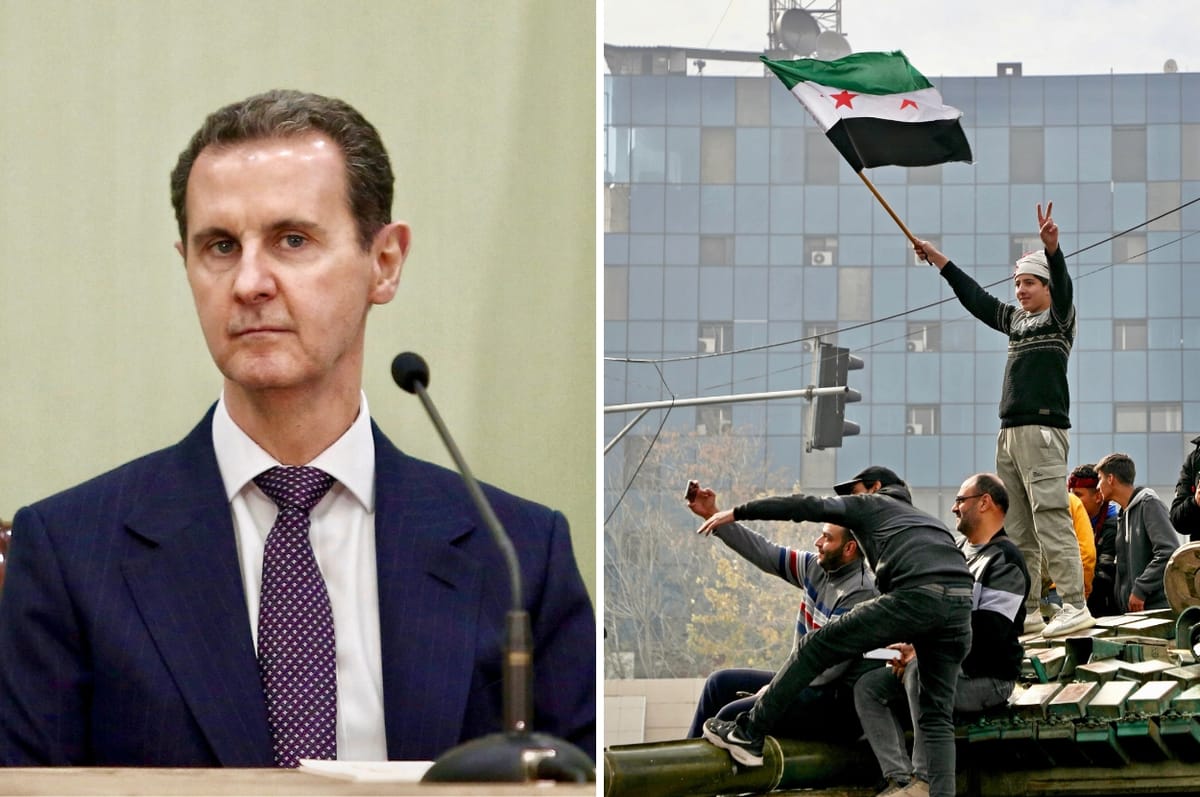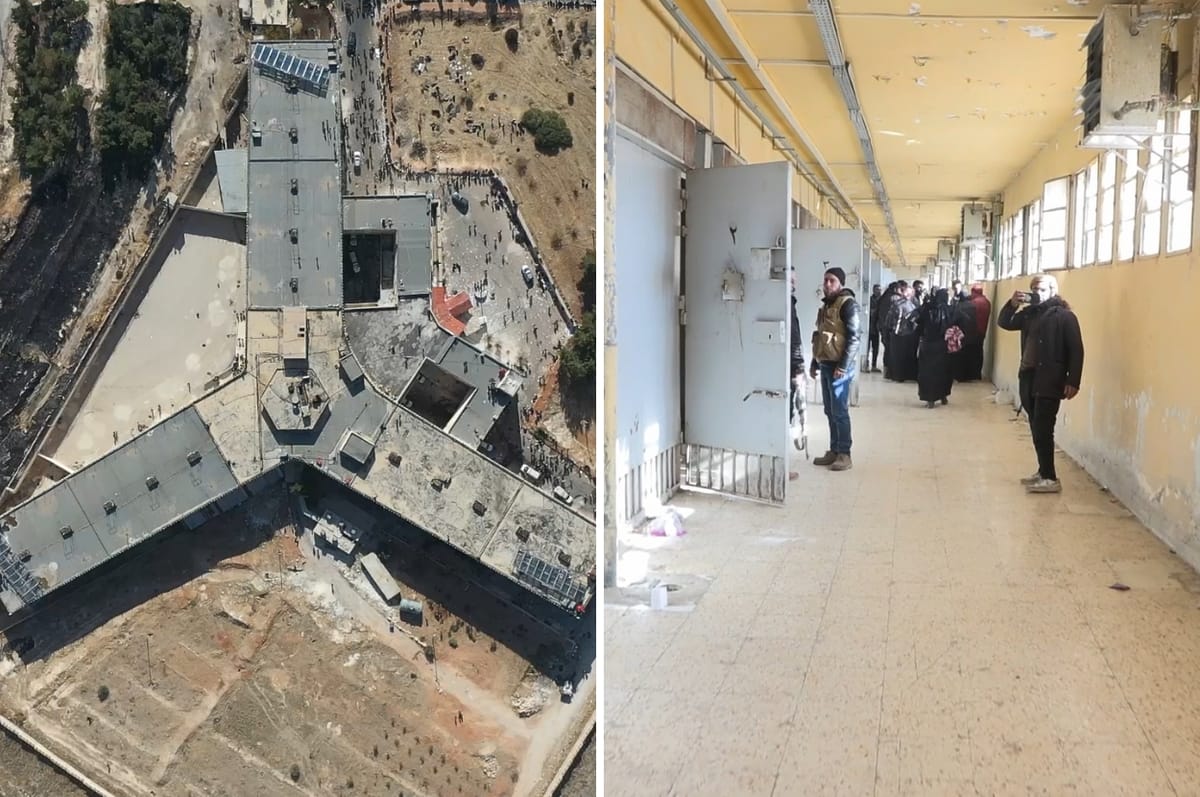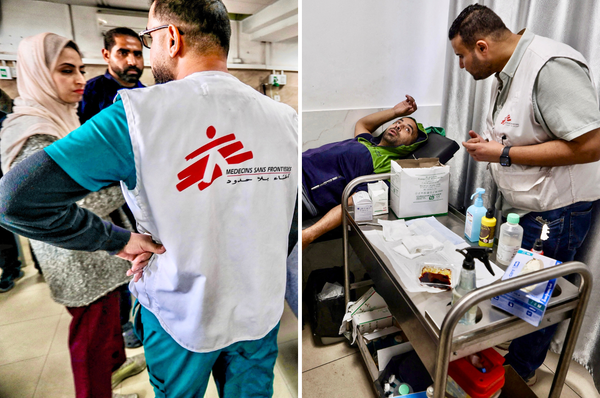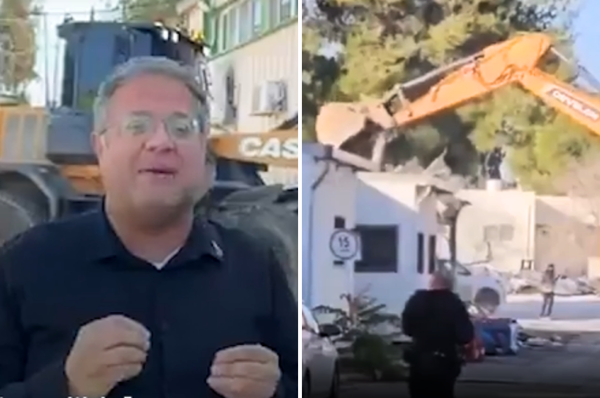Assad Regime Soldiers In Syria Are Surrendering Their Weapons To The New Transitional Government
The new authorities have offered amnesty to those who surrender their weapons, allowing former regime personnel to transition into civilian life.
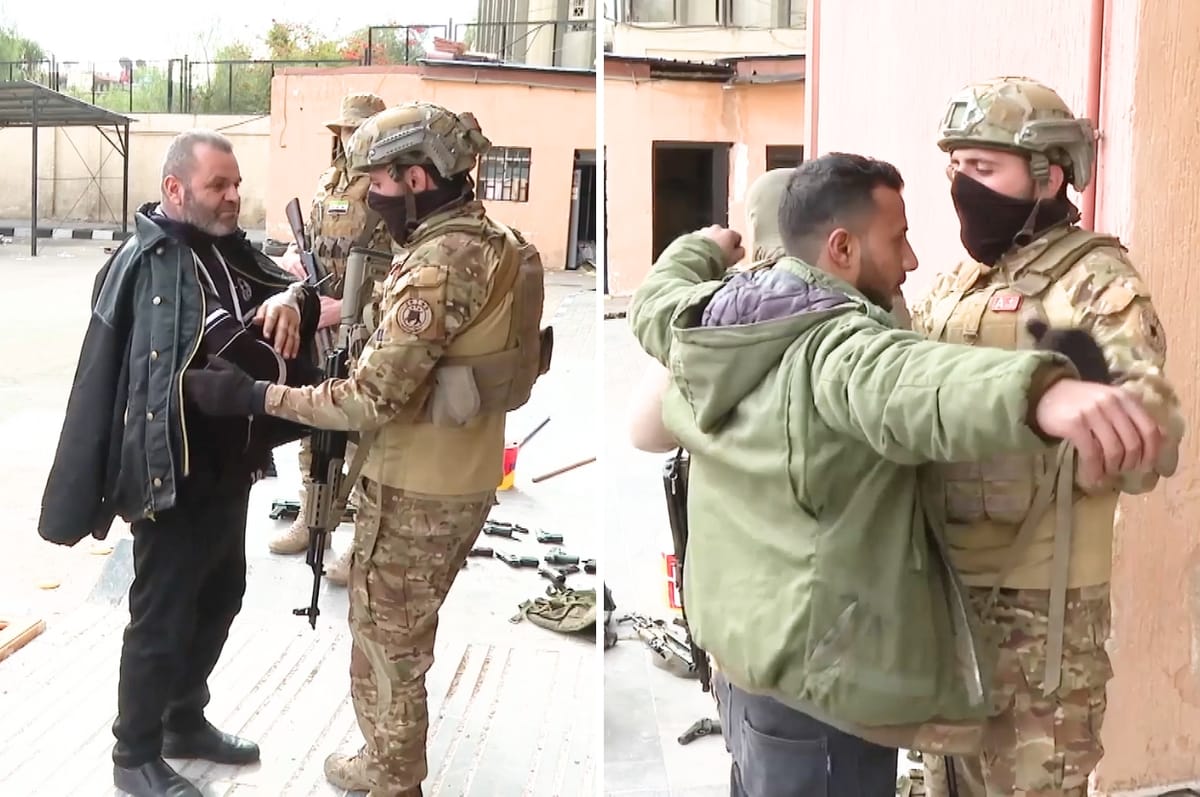
Former soldiers and security forces of ousted Syrian president Bashar al-Assad's regime have begun surrendering their weapons to the newly established transitional government under Hayat Tahrir al-Sham’s (HTS) rule.
The disarmament process began on Dec. 17, in the cities of Latakia, Daraa and Damascus, where reconciliation centers have been set up to process the surrenders
The new de facto leader of Syria and HTS leader Ahmed al-Sharaa had said that all weapons in Syria must come under state control, signaling a commitment to reduce armed factionalism, according to Al Jazeera.
On Dec. 24, Al-Sharaa reached an agreement with various armed groups in Syria to disband and unite under a single national army, operating under the newly established Ministry of Defence.
The disarmament process aims to consolidate power and establish a stable administration following the collapse of Assad's regime.
Former regime personnel are issued temporary identification cards that allow them to move freely within areas controlled by the new government while their legal status is reviewed.
The new authorities have offered amnesty to those who surrender their weapons, allowing former regime personnel to transition into civilian life, according to the BBC.
However, those with serious criminal backgrounds may face legal consequences as their cases are processed by the new authorities.
Over the course of 13 years of civil war in Syria, the Assad regime has been implicated in numerous human rights violations including arbitrary arrests, physical torture, sexual abuse, forced disappearance, using chemical weapons and killings at least 617,910 people.
More than 150,000 people are still considered missing, according to the United Nations and the Syrian Network for Human Rights.
More On Syria
